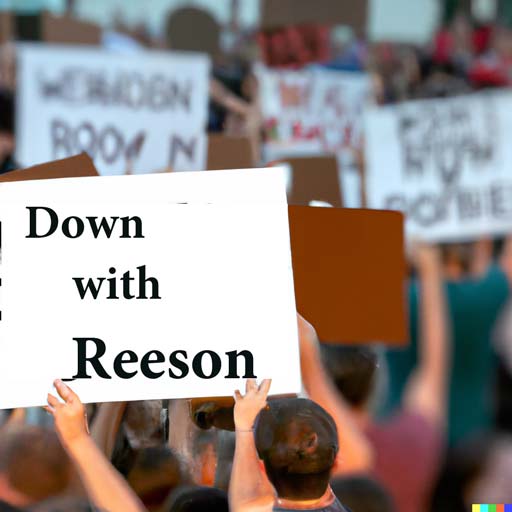
People who are highly intelligent are usually aware that they have different interests from most people and that they learn things in school more easily than the average. Whether they flaunt their intelligence depends upon a variety of factors. In many cases bright young people want social acceptance and will disguise their gifts to masquerade as “one of the group.” Some very intelligent people are unable understand how average people think, because their distinctly different perspective prevents them from using self-reference to understand others. Other people of high intelligence will seek out those of high intelligence who share their interests. This kind of behavior was modeled in the long-running sitcom The Big Bang Theory in which a group of nerds hang out together in a university atmosphere.
Although some people of high intelligence may put down others, they will often find that their arrogance brings unpleasant consequences. When Jeff Bezos called a fellow student “stupid”, he was knocked to the ground. Elon Musk’s giftedness prompted fellow students to hunt him down, and on one occasion hurled him down the stairs, breaking his nose. Those who are slightly above average in intelligence are more likely to show arrogance. Those who are much more intelligent than average are not as concerned with those of lesser intelligence, as they are about those who may be more intelligent. The highly intelligent people will be competing with gifted people to achieve success in their fields.
By the time a highly intelligent person reaches adulthood, he or she has developed a cadre of friends of similar interests. They judge themselves relative to others in their social groups and rarely compare themselves to “average people.” Similarly, great athletes compete against those who are outperforming them focus and strive for greater performance. The professional golfers don’t compare themselves to the high handicap golfer.
Most highly intelligent people are very much aware of the limitations of their knowledge and their insight. Even those described as “geniuses” are acutely aware that what they know and understand is a tiny fraction of what is unknown. They are also aware that they lack substantial knowledge outside their realm of expertise and can learn from those of average intelligence who have a high level of competence in other areas.
Of course, their are some highly intelligent people who fall into what is called the intelligence trap. They believe that their intelligence spans a much broader area and compensates for a lack of knowledge. The danger in this perception is that it makes the intelligent person vulnerable to a devastating awakening. (See: https://www.intelligence-and-iq.com/what-are-the-downsides-of-high-intelligence-and-how-should-one-deal-with-these-problems/ )
